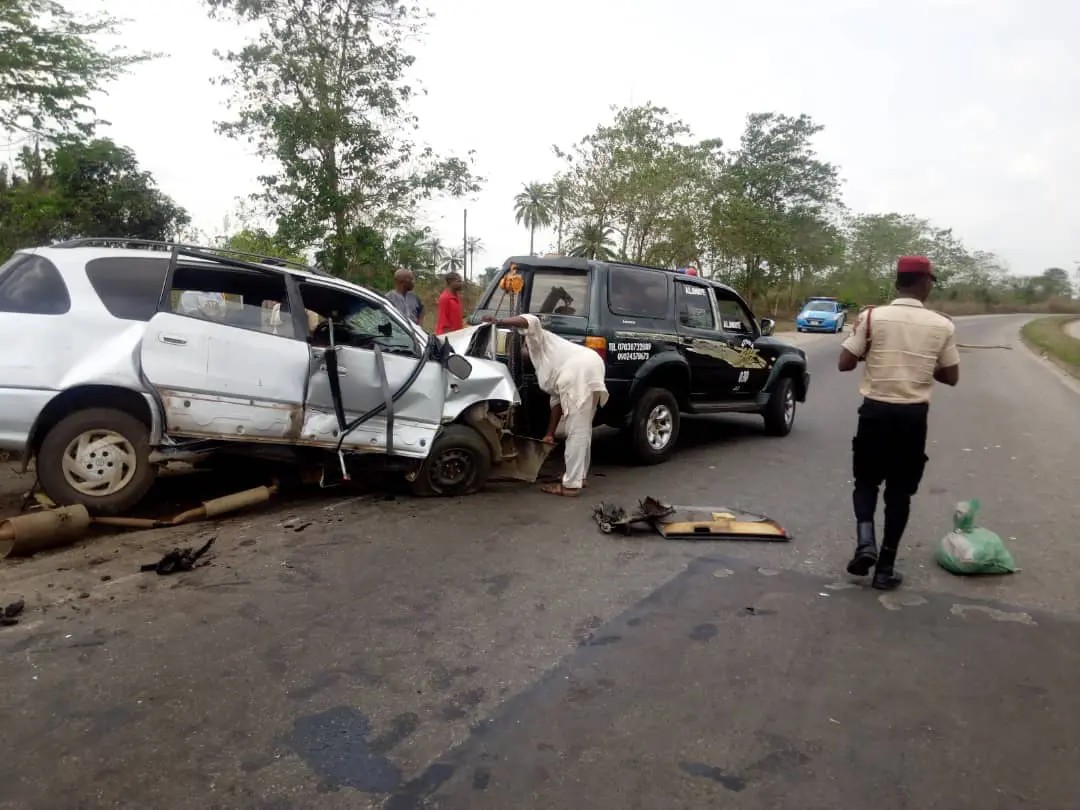
In a stark reminder of the challenges facing Africa’s healthcare systems, the Executive Vice President for Diagnostics in Africa at Roche Diagnostics, Dr. Allan Pamba, has warned that tuberculosis (TB) is much more than a deadly disease—it is a symptom of chronic underinvestment.
During a recent discussion on World TB Day, Pamba highlighted that while up to one in four people may carry the TB bacterium, only a fraction go on to develop active TB.
However, when co-infected with HIV, that risk increases dramatically, between 20 and 30 times.
He said TB is a formidable foe that spreads through the air when a person with active TB coughs, sneezes, speaks, or sings, releasing droplets laden with bacteria.
According to him, active TB remains fatal if left untreated, disproportionately affecting adults in their prime working years.
According to the World Health Organisation, over one million people lost their lives to TB last year, a figure that is likely to rise as public health systems grapple with shrinking funds that jeopardize essential treatment programs.
Pamba stressed that the promise of early diagnosis could be the turning point in the battle against TB.
“What we don’t test, we can’t treat,” he asserted, urging a shift in focus toward domestic investment in diagnostic services.
He said in Africa, where funding from external donors is increasingly unpredictable, early and accurate diagnosis could lead to fewer hospital admissions, reduced transmission rates, and overall lower long-term treatment costs.
Evidence from South Africa’s molecular diagnostics program underscores this argument. A comprehensive study spanning from 2013 to 2022 revealed that every dollar invested in TB testing yielded an impressive return of $19 in health and economic benefits.
The research also noted that investments in other diagnostic tests, including those for HIV and SARS-CoV-2, generated positive returns, but none matched the impact of TB testing.
Historically, Africa’s health systems have relied heavily on external donors, a model that is proving unsustainable as global priorities shift.
Pamba made it clear that for Africa to thrive, its nations must build resilient health systems through robust domestic funding.
Such an approach, he explained, would not only stem the tide of TB but also contribute to broader economic stability and growth.
By integrating comprehensive diagnostic programmes into national health budgets, governments could reduce overall healthcare costs and deliver more effective services within existing financial constraints.
A critical inefficiency in the current system is the fragmented approach to diagnostics.
Many African countries have established separate platforms for testing diseases like HIV and TB, a relic of vertically funded programs that has led to duplication of equipment and increased costs.
Pamba advocates for integrated testing, where a single diagnostic platform can run multiple tests, thereby streamlining processes and accelerating patient care.
This strategy, endorsed by the World Health Organisation, represents a pragmatic step forward in strengthening healthcare systems.
The message from Pamba is clear, noting that the tools to control TB and revitalise Africa’s health infrastructure are available.
He said what remains is the political will to allocate resources wisely and foster strategic partnerships that can scale diagnostic capacity across the continent.
As Africa stands at a crossroads, the future of its healthcare—indeed, its broader economic resilience—will depend on whether nations choose to invest in their own capabilities.
TB has long been a part of Africa’s story, but according to Pamba, that narrative is not fixed.
With early diagnosis and a commitment to sustainable domestic funding, Africa can rewrite its healthcare future and build a more resilient, self-reliant continent.
The real question now is not whether it can be done, but whether there is the resolve to make it a reality.






